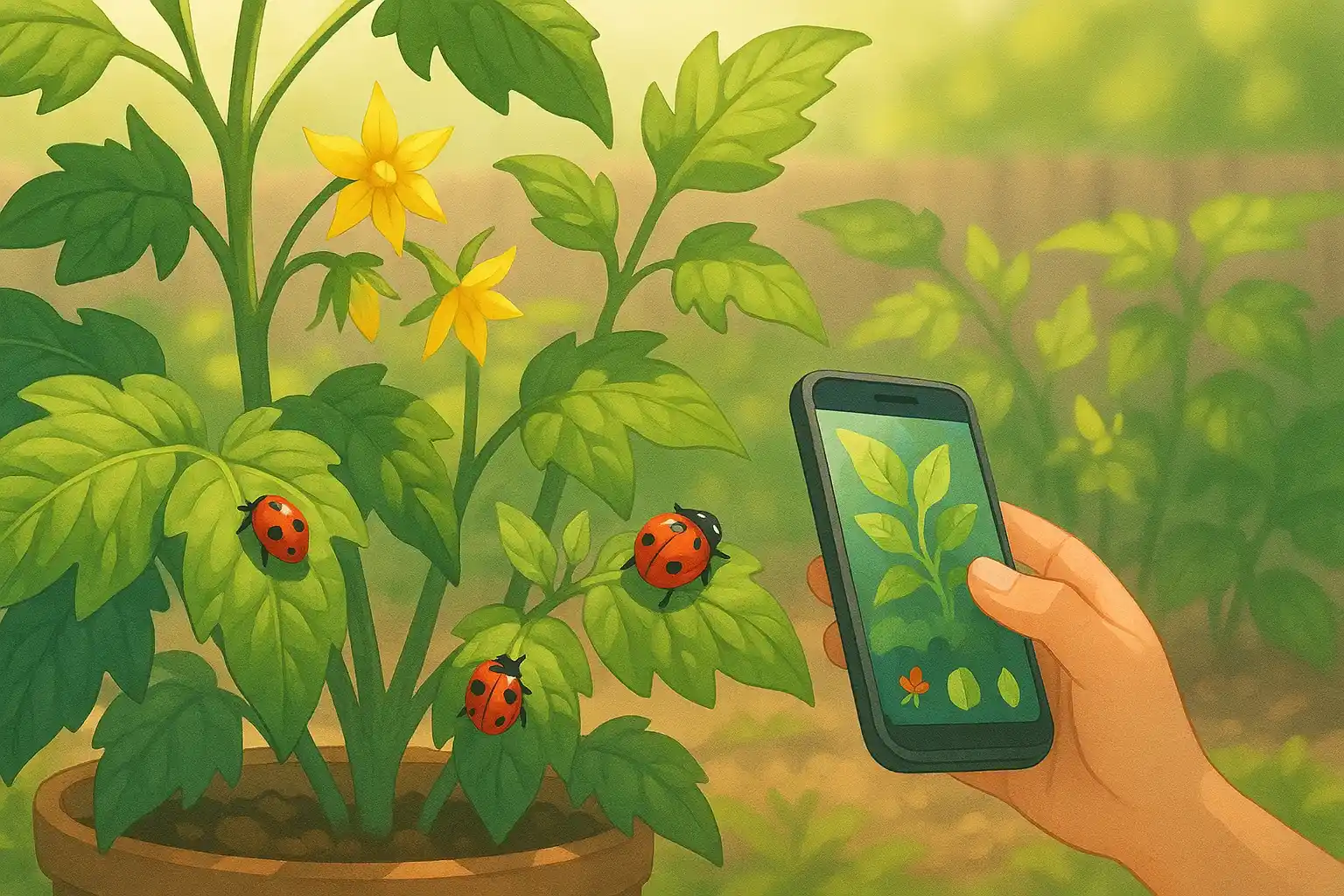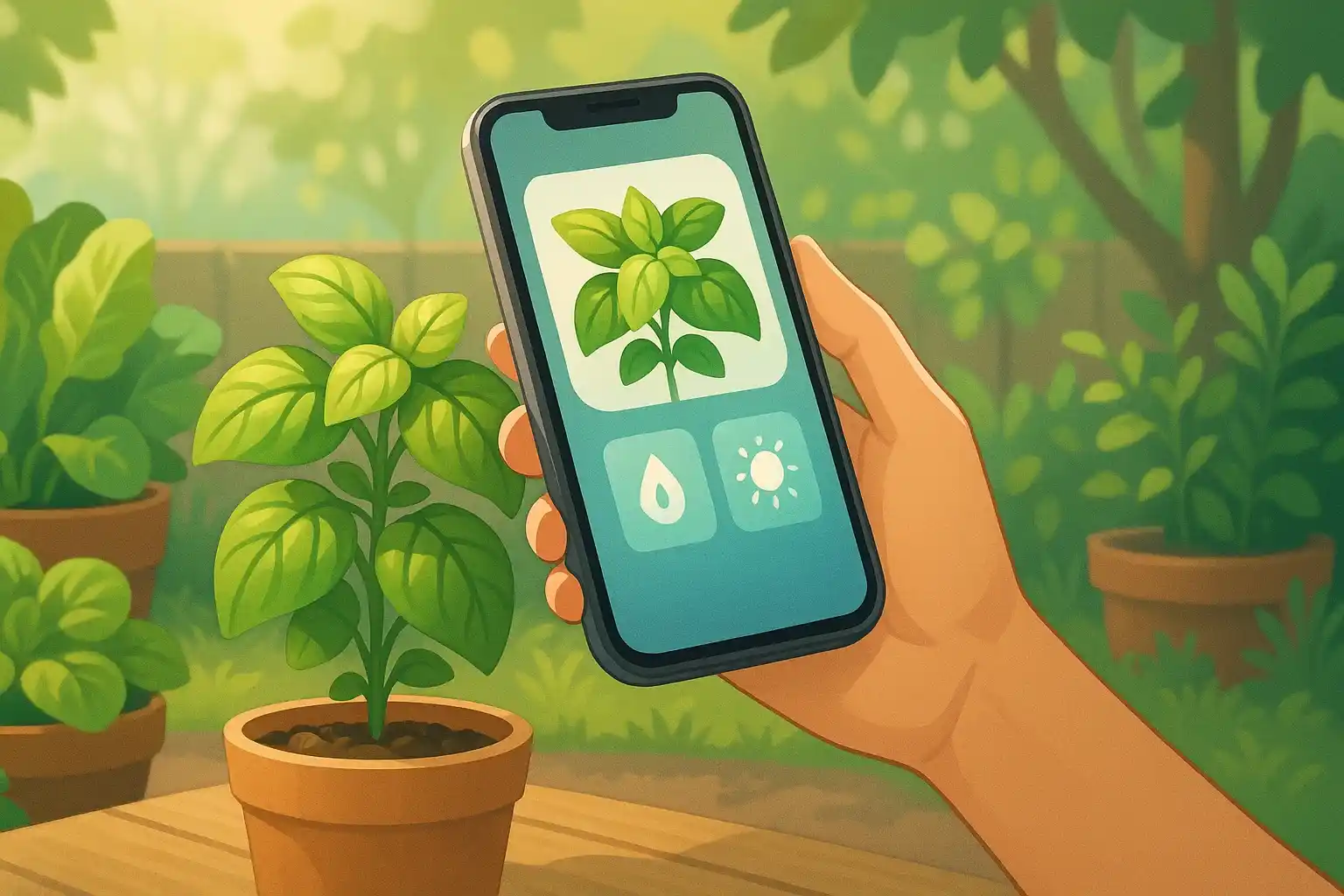Organic & Effective: Chemical-Free Pest Control for Your Garden
.For many home gardeners, keeping plants healthy while protecting the environment is no longer a balancing act—it’s a priority. The idea of spraying harsh chemicals on vegetables, herbs, or flowers that end up on the dinner table feels outdated and even risky. That’s why organic pest control has moved from a niche gardening concept to a mainstream practice embraced by both beginners and experienced horticulturists.
Organic pest control methods don’t just fight off harmful insects. They create a balanced, biodiverse ecosystem where pollinators, beneficial insects, and soil microbes can thrive. This shift transforms gardens into self-sustaining, vibrant spaces rather than pesticide-dependent plots.

Why Gardeners Choose Chemical-Free Pest Control
Chemical pesticides may knock out pests quickly, but they come at a cost:
Harm to beneficial insects: Pollinators like bees, butterflies, and ladybugs often die alongside destructive pests.
Soil and water contamination: Toxic residues seep into the ground, harming microorganisms essential for healthy soil.
Pest resistance: Over time, pests adapt, making chemical sprays less effective and leading to heavier chemical use.
Safety concerns: Families with children or pets want gardens free from harmful toxins.
Organic methods tackle these challenges by focusing on prevention, biodiversity, and balance rather than quick fixes. Healthy plants grown in diverse ecosystems naturally resist pests better than stressed, chemically treated crops.
Benefits of Organic Pest Control at a Glance
Aspect | Chemical-Free Approach | Conventional Approach |
Environmental Impact | Protects pollinators, soil microbes, and wildlife | Harms beneficial insects, runoff issues |
Human & Pet Safety | Safe for children, pets, and edible crops | Risk of chemical exposure |
Long-Term Sustainability | Builds ecosystem resilience, prevents pest cycles | Relies on repeated chemical use |
Soil Health & Fertility | Enhances microbes, boosts organic matter | Soil degradation over time |
Cost Efficiency | Reduces long-term expenses via prevention | Ongoing pesticide purchases |
Organic pest control clearly aligns with sustainability, safety, and long-term garden health, making it the preferred approach for modern gardeners.
Practical Chemical-Free Pest Control Methods for a Healthier Garden
Switching to organic methods doesn’t mean lowering your defenses against pests. On the contrary, natural strategies create stronger, more resilient gardens that stay healthier season after season. Below are some of the most effective ways to keep pests under control without chemicals.
1. Invite Natural Predators
Many insects and small animals are natural pest controllers. Encouraging them into your garden keeps pest populations in check.
Ladybugs: Devour aphids and soft-bodied pests.
Lacewings: Consume mites, thrips, and small caterpillars.
Birds & Frogs: Feed on beetles, snails, and grubs.
A simple birdbath, native flowers, or a small water feature can make your garden a welcoming habitat for these helpful creatures.
2. Companion Planting for Pest Repellence
Certain plants naturally repel pests with their scent or chemistry. Mixing these throughout your garden provides built-in protection:
Companion Plant | Pests Repelled | Best Planted With |
Marigolds | Nematodes, whiteflies | Tomatoes, peppers |
Basil | Mosquitoes, flies | Tomatoes, lettuce |
Garlic & Onions | Aphids, carrot flies | Carrots, strawberries |
Mint | Ants, cabbage moths | Cabbage, kale |
Companion planting creates a healthier ecosystem while adding diversity and beauty to your garden.
3. Homemade Organic Sprays
For stubborn infestations, botanical sprays offer targeted control without harming the environment:
Neem Oil: Stops insect growth and feeding.
Insecticidal Soap: Kills soft-bodied pests on contact.
Garlic & Chili Spray: Natural deterrent for chewing insects.
Sprays should be applied in the evening to protect pollinators and only when necessary to avoid disrupting natural balances.
4. Crop Rotation and Healthy Soil Practices
Pests often target the same crops year after year. Rotating vegetables breaks pest cycles while improving soil fertility. Adding compost and organic matter boosts microbial life, keeping plants stronger and more pest-resistant.
Adding Smart Technology to the Mix
Even the most experienced gardeners can overlook early pest or disease signs. That’s where technology steps in. The AI Plant Finder app, available on both Android and iOS, helps gardeners work smarter, not harder:
Plant Identification by Photo: Snap a picture to instantly recognize plants or weeds.
Disease Diagnosis: Detect early symptoms of fungal, bacterial, or pest damage for faster action.
Expert Care Tips: Receive customized advice for pest control, watering, and pruning schedules.
My Garden Tool: Organize plant care tasks with automated reminders.
Water Calculator & Light Meter: Ensure plants get the right environment to resist stress and pests naturally.
By combining traditional organic practices with AI-powered insights, gardeners can achieve healthier, low-maintenance gardens that thrive year after year.

Building a Sustainable, Pest-Resistant Garden
Organic pest control isn’t a one-time fix. It’s a long-term gardening philosophy that focuses on prevention, balance, and sustainability. By integrating natural methods with smart technology, gardeners create ecosystems where plants, soil microbes, beneficial insects, and even pollinators thrive together.
Chemical-free approaches reduce reliance on pesticides while strengthening the natural defenses of your garden. Over time, the ecosystem becomes self-regulating — pests stay under control because their predators, healthy soil conditions, and diverse plantings keep everything in balance.
Tools like the AI Plant Finder app take this approach to the next level by:
Detecting early warning signs of plant stress or pest attacks.
Suggesting eco-friendly solutions tailored to each species.
Organizing care routines so gardeners stay consistent without guesswork.
Tracking watering, sunlight, and fertilization needs to prevent conditions pests love, such as overly wet soil or weakened plants.
This combination of ancient organic practices and modern technology ensures gardens remain both productive and environmentally responsible.
Practical Tips for Ongoing Success
Start small: Begin with one or two pest control strategies and expand as you learn what works best in your space.
Observe regularly: Catch problems early before they spread.
Encourage diversity: The more plant and insect variety you have, the harder it is for pests to dominate.
Stay consistent: Organic methods require regular attention rather than quick chemical fixes.
A Healthier Way to Garden
Choosing chemical-free pest control isn’t just about avoiding toxins. It’s about creating a thriving, sustainable garden where plants stay healthy, pollinators flourish, and your family enjoys safe, nutrient-rich harvests. By combining organic techniques — like companion planting, natural predators, and crop rotation — with smart tools such as the AI Plant Finder app, you get the best of both worlds: time-tested gardening wisdom supported by modern technology.
